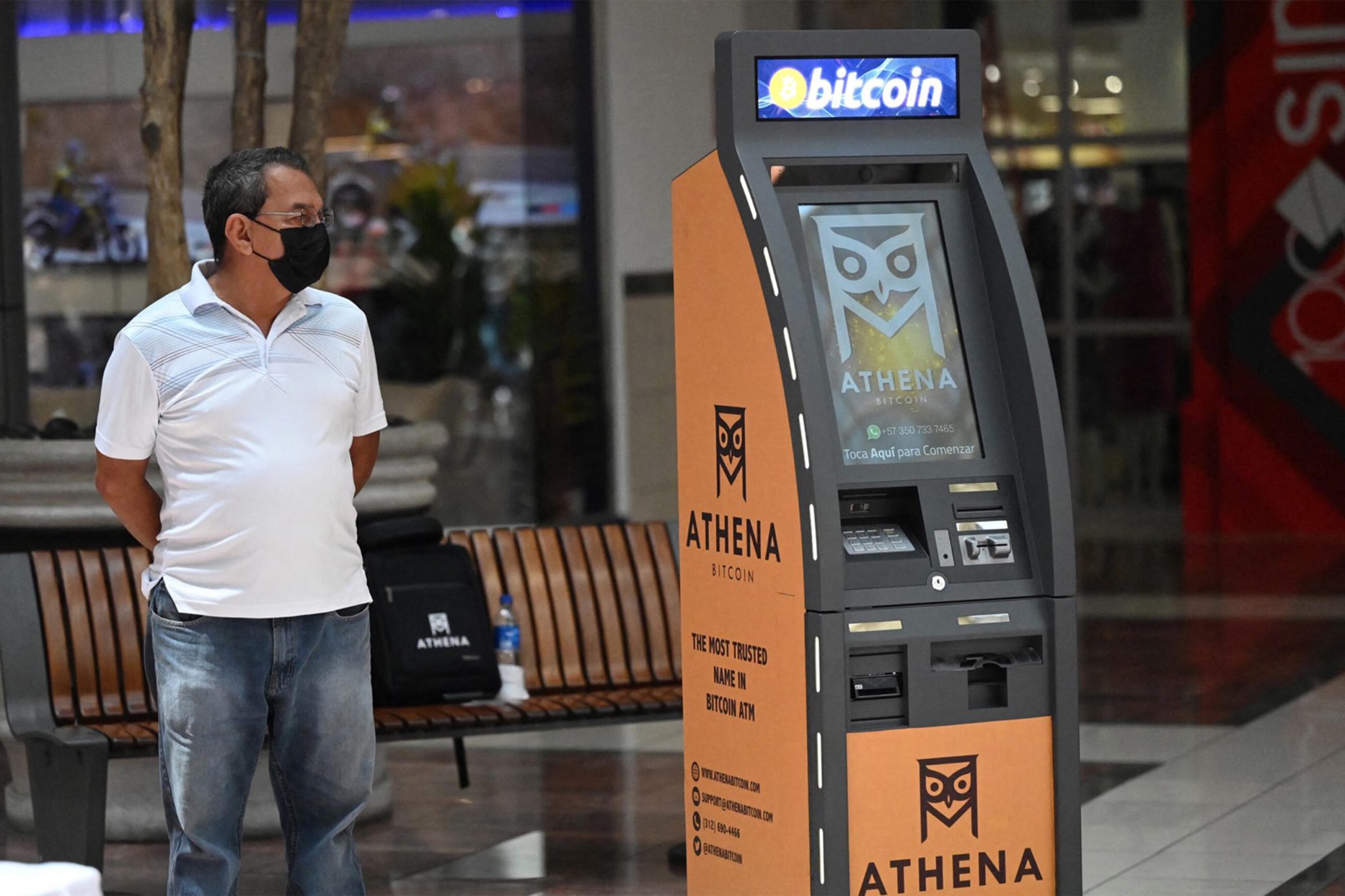
Imagine a world where the US Dollar isn't the most important currency anymore. It sounds like something from a science fiction movie, but the head of one of the biggest cryptocurrency companies in the world just said it could become reality sooner than you think! Brian Armstrong, the CEO of Coinbase, a huge platform for buying and selling digital currencies, recently made a bold prediction: if governments keep piling up debt, Bitcoin might just become the world's next “reserve currency.”
The Mountain of Debt: Why Governments Have a Huge Problem
So what does “ballooning government debt” really mean? Consider a countries’ government like one giant household. It collects money (in the form of taxes) and spends money (on things like roads, schools, defense, etc.). When a government spends more money than it collects, it has to borrow money, and the money it has borrowed is included in the national debt. Right now, countries, and big countries like the United States in particular, owe trillions of dollars in government debt; and this is not just a big number, it means the governments have to pay back a lot just in interest for what they owe. Many experts like Brian Armstrong are concerned that if government debt grows without a plan to pay it down, it could make traditional money, like the US Dollar, less trustworthy in the future.Bitcoin to the Rescue? Why a Digital Coin Could Take Over
This is where Bitcoin comes into the picture. Bitcoin was created after the 2008 financial crisis. Its inventor designed it to be different from traditional money in some key ways:
- No Central Boss: Unlike dollars, which are controlled by central banks and governments, Bitcoin isn't run by anyone. It's decentralized, meaning a huge network of computers keeps it going.
- Limited Supply: There will only ever be 21 million Bitcoins created. This fixed supply makes it like digital gold – rare and potentially more valuable over time, especially if governments keep printing more traditional money.
- Hard to Mess With: Because of how it's built, it's very hard for any single group or government to manipulate Bitcoin.
Armstrong believes that if people lose faith in traditional currencies because of too much debt and money printing, they will look for something more stable and predictable. For him, Bitcoin fits that bill as a “hedge” (a kind of safety net) against financial uncertainty.
What Does “Reserve Currency” Even Mean for You?
A “reserve currency” is basically the most trusted and widely used money in international trade and finance. Today, that's the US Dollar. Countries hold dollars in their treasuries, and many global deals, like buying oil, are done in dollars. If Bitcoin were to take over, it would mean:
- Huge Shift: Countries would start holding Bitcoin instead of dollars for big international transactions.
- Global Impact: It would completely change how countries trade, invest, and manage their finances.
- Your Everyday Life: While it might not mean you pay for groceries with Bitcoin tomorrow, it could affect the value of your savings and the stability of your country's economy in the long run.
Naturally, this is an impressive forecast, and there are many people in the financial world who are quite skeptical. The price of bitcoin can fluctuate a lot, and it is a large step from a digital asset to the primary currency in the world. Nevertheless, Armstrong's caution suggested a rising fear of government debt and stirs up an important conversation: are we beginning an era where digital money starts to play a larger role in global finance? Only time will tell if bitcoin represents the financial backbone of the future.
[afm_broker_reviews]












